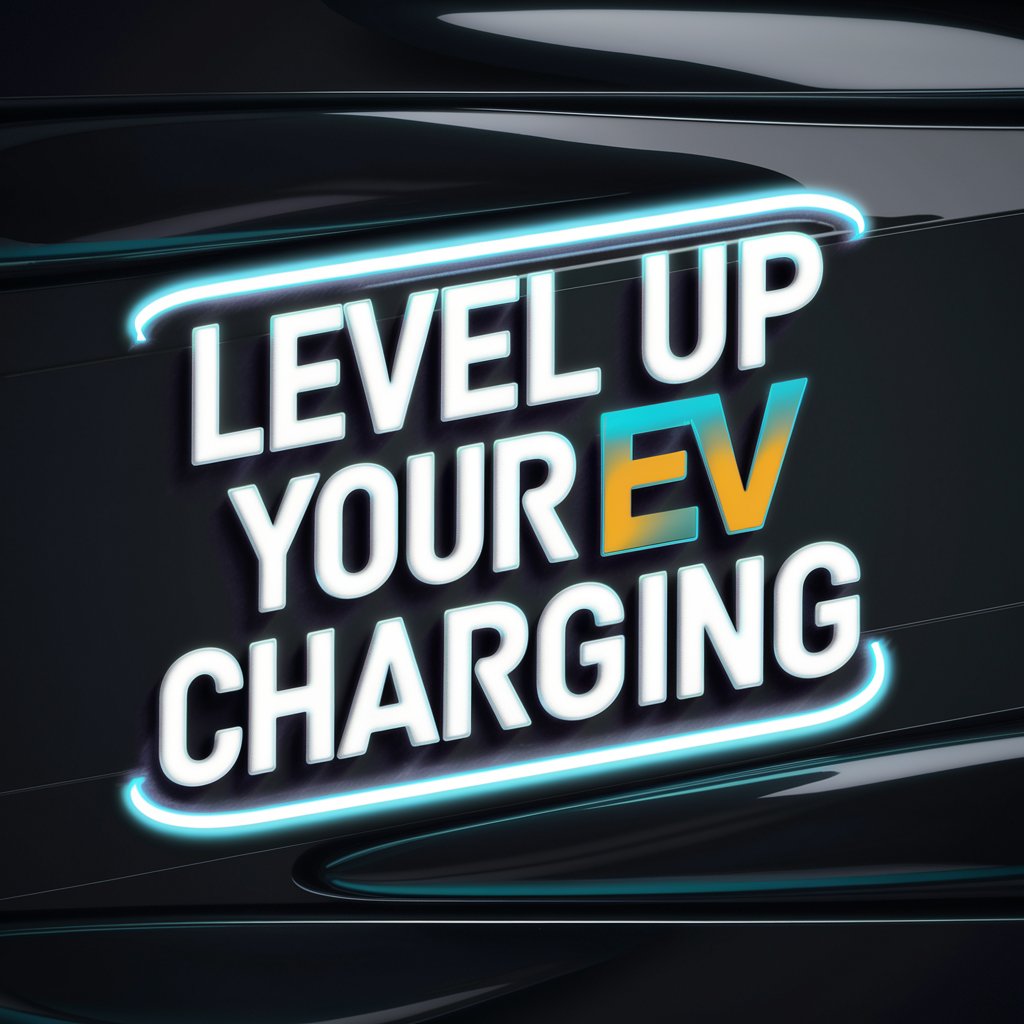Switching to an electric vehicle (EV) is an exciting step towards a greener future, but figuring out how to charge it at home can be daunting. That’s where this ultimate guide comes in. I’ll walk you through everything you need about home EV charging stations, from choosing the right type to installation tips and cost considerations.
Types of Home EV Charging Stations
A home EV charging station simplifies charging your electric vehicle right at home. Here’s a breakdown of the different types available:
Level 1 Charging Stations
Level 1 charging stations use a standard 120-volt AC outlet. They’re the simplest and least expensive option, making them great for basic charging needs. Typically, they provide around 2-5 miles of range per hour of charging. I’ve found them convenient for overnight charging, especially when only driving a little daily. But they might not be the best option if you need a faster charge.
Level 2 Charging Stations
Level 2 charging stations require a 240-volt outlet, similar to large appliances. They provide 10-60 miles of range per hour of charging. These are perfect for quicker charges; I can charge my EV fully in a few hours, which is handy on busy days. Installation might require some electrical upgrades, so consulting a qualified electrician is recommended. Level 2 stations are a popular choice for home setups.
DC Fast Charging Stations
DC Fast Charging stations are the fastest option, using a 480-volt system. They can charge an EV up to 80% in about 20-30 minutes. Due to their high cost and power requirements, these stations are usually found in commercial settings. Installing one at home could involve significant expenses and utility upgrades. For most people, Level 1 or Level 2 chargers are more practical for home use.
Key Considerations for Selecting a Home EV Charging Station
Picking the right home EV charging station makes a big difference. Several factors need attention, from compatibility to installation.
Vehicle Compatibility
Firstly, look at your EV’s specifications. Only some charging stations work with all models. For example, Tesla cars need an adapter for non-Tesla chargers. Checking compatibility prevents purchasing headaches. Each EV has different charging needs, so always match the station to your vehicle.
Power Requirements and Electrical Capacity
Know your home’s electrical setup. Level 2 stations need a 240-volt outlet, which often means an upgrade from standard 120-volt sockets. When I upgraded, an electrician added a dedicated circuit to handle the increased load. Always compare your current capacity with the station’s needs.
Installation Location and Space Considerations
Think about where you’ll place your station. Pick a spot close to where you park. Make sure there’s enough space around the unit for safety and accessibility. Garages are common choices, but outdoor setups work if they’re weather-proof. Measure your space before buying.
Smart Charging Features and Connectivity Options
Consider stations with smart features. Many modern chargers offer Wi-Fi connectivity for remote monitoring and control via apps. Features like scheduling can save on electricity bills by charging during off-peak hours. Some models also integrate with home automation systems, making management easier.
Safety Features and Certifications
Safety first! Check for certifications like UL and Energy Star, which indicate rigorous testing. Look for features like overcurrent protection and weather resistance. When I installed my station, these certifications gave me peace of mind about electrical safety and long-term reliability.
Installation Process
Setting up a home EV charging station involves steps to guarantee optimal performance and safety. Here’s what you need to know:
Preparing for Installation
Before starting, check your home’s electrical capacity. Most Level 2 chargers need a 240-volt outlet, so you might need an upgrade if your current electrical panel can’t handle the load. Clear any obstructions near your preferred installation location for easy access and safety. I remember clearing out my garage’s clutter to make room for the charging station; it wasn’t glamorous, but it made the installation smoother.
Choosing a Qualified Electrician
Install a home EV charging station safely by hiring a licensed electrician. Look for professionals experienced with EV chargers. Ask for references and confirm their certifications. I found a local electrician through a neighbor’s recommendation. The electrician’s knowledge of different charging stations and past projects put my mind at ease.
Understanding Local Regulations and Permits
Installing an EV charging station may require permits. Check local regulations to avoid legal issues. Contact the local building department for information on necessary permits and inspections. Consultations help avoid complications. I had to secure a permit from my city’s building department, which was straightforward but necessary for peace of mind.
Cost Considerations for Installation
Installation costs for EV charging stations vary based on factors like electrical upgrades and labor fees. Basic installation costs $300 to $1,500, while complex jobs can exceed $2,000. An electrician’s inspection can provide a detailed cost estimate. When evaluating these upfront costs, consider the long-term savings on gas.
Cost of Home EV Charging Stations
The price of EV charging stations depends on the model and features. Basic Level 2 chargers start at around $300, while smart chargers with advanced features range from $500 to $1,200. When choosing a model, balance cost with the features you need for efficient home charging. Here’s a snapshot of potential costs:
| Charger Type | Estimated Cost |
| Basic Level 2 Charger | $300 – $500 |
| Smart Charger | $500 – $1,200 |
| Installation Fees | $300 – $2,000+ |
Understanding these costs helps make a well-informed choice about installing a home EV charging station.
Conclusion
Choosing to install a home EV charging station can be a game-changer. The convenience of overnight charging and the long-term savings are worth the initial investment. My experience with hiring a certified electrician made the installation process smooth. So, consider your vehicle’s compatibility and local regulations first. Then, pick the right charging station for your needs.






